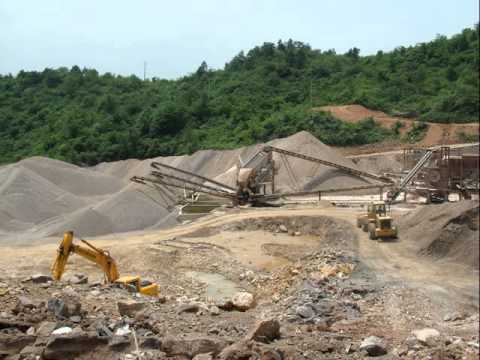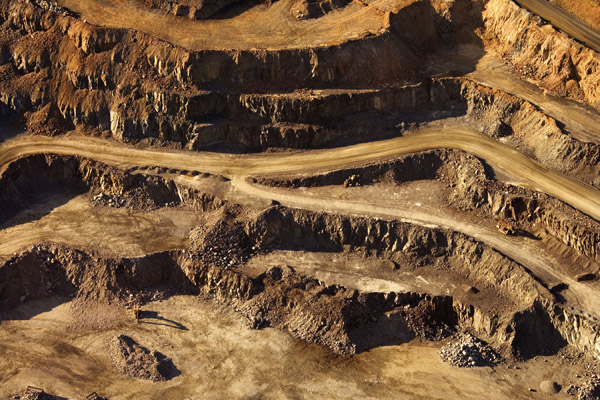The Africa Mining Vision (AMV), adopted by heads of state at the February 2009 African Union summit, constitutes Africa’s own response to tackling the paradox of great mineral wealth existing side by side with pervasive poverty. Envisioning a holistic approach, the AMV advocates thinking outside the “mining box”. It is unfortunate that whilst the continent possesses a formidable array of resources, it still has to deal with basic socio-economic challenges in some of its countries. These challenges include stunted economic growth, inequality, poverty, poor infrastructure and a diminished the quality of life of its people. Hence this situation draws attention to the importance of further improving the use and deployment of resource revenues in tackling these and other related challenges of the day.
More specifically, while resource rich countries on the continent receive substantial foreign exchange income from their mineral, oil and gas exports, in the midst of battling with immediate pandemic-related budgetary pressures, ailing economies and poverty, the anticipated impact of these revenues can easily become dissipated. But it’s not just a question of improving mining regimes by making sure that this foreign exchange income and tax revenues from mining are optimized and that the income is well spent – although that is clearly important. Rather it’s a question of integrating mining much better into development policies at local, national and regional levels.
One of the most potent pitfalls in the management of resource revenues – including taxes, dividends, licensing fees, levies and rents – is the deployment of these revenues towards non-distinct and non-productive government expenditure. When these funds are submerged into the general pool of government income, they will achieve some good but will not be able to deliver the transformative change that is required to eradicate the developmental challenges faced by most African countries. Transformative development is a result of a more targeted and directed deployment of resources towards specific elements that drive growth and equity within the economy and social framework. Resource wealth should be used to spur economic diversification, improve infrastructure, to improve the quality of life experienced by citizens and to drive social development.
Like Norway, for example, resource rich counties in Africa must adopt the same focus and motivation to use resource revenues to target high impact projects that improve social and infrastructure development in their countries. There are two notable principles from Norway’s experience: Firstly, to primarily treat resource revenues as capital, which must be deployed for the generation of further value. Secondly, to ensure persistent and consistent focus on furthering social progress. And like Norway, also some African countries run sovereign wealth funds (SWFs) – approximately 20 SWFs have been reported – which are supported by resource wealth, the most predominant being Funds established from oil and gas revenues. SWFs are always a positive development as a strategy to manage resource wealth and are mainly created as a reserve for budgetary and macroeconomic stabilization as well as creating savings for future generations.
However, faced with crippling economic and social challenges, African countries need to broaden the ability and capacity of these Funds to lead and participate in the investment of key infrastructure development projects across the continent. The top policy priority for many African countries has been economic diversification, which has, however, been hindered by poor infrastructure, lack of skilled labour, water and energy deficits and high costs for internet connectivity. These challenges have even made it difficult for Africa to pursue meaningful beneficiation of its resources and have dampened efforts to strengthen intra-African trade. Resource revenues can play an important role in addressing the infrastructure deficit if their scope is broadened to play a more prominent role in development financing.
The African Mining Vision has set solid and progressive objectives to guide policy and governance around managing resource revenues, whereby these objectives can only be achieved by intensifying the allocation of resource revenues to development financing. In light the external pressures emanating from the COVID-19 pandemic and its impact on the global economy, Africa will have to increasingly look to its domestic resources and capacity to rebound and meet its development milestones. The best legacy that resources can create in Africa is to bequeath functional economies, eradicate inequality, provide a decent quality of life and adequate infrastructure to support further diversification and industrialization of economies.
‚Maximising Resource Revenue in Socio-Economic Development Projects‘ – Article by Selina Zhuwarara – Mining Review Africa.




